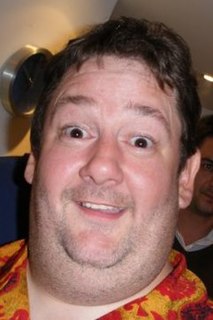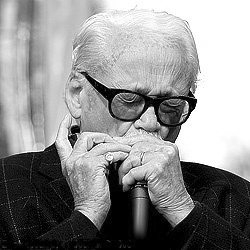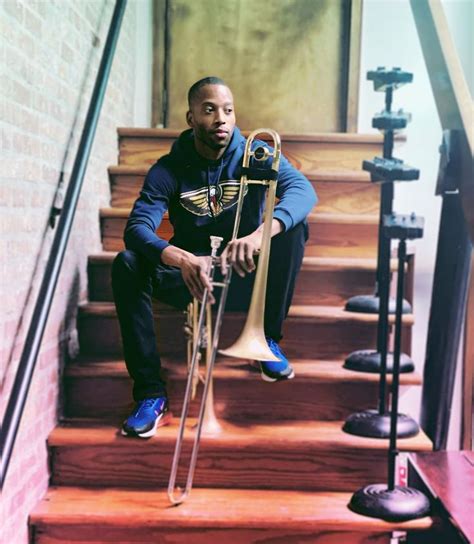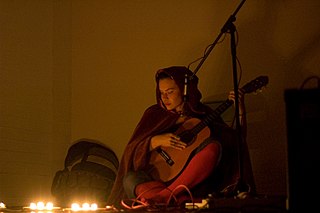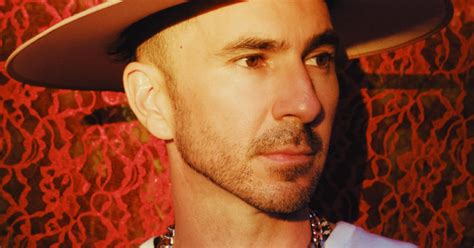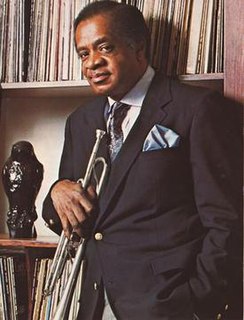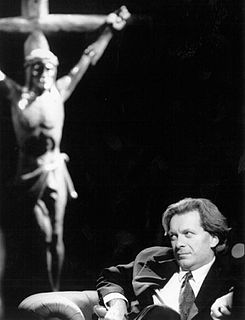A Quote by John Kao
Jazz musicians can be great teachers of business. Their creativity is not dependent on their mood, it does not have to be coaxed out of them, it has nothing to do with the phases of the moon or even how they feel that day. They go on stage and start playing. Being creative is their job.
Related Quotes
People equate job titles to levels of creativity. We think that musicians are creative while accountants are not. Job title has nothing to do with human creativity. In fact, we all have enormous creative potential. Even those that often state with authority that "I'm not creative." With a systematic approach to building creative capacity, we all have the opportunity to create and leave a mark on the world.
So the first thing to be remembered: don't confine creativity to anything in particular. A man is creative - and if he is creative, whatsoever he does, even if he walks, you can see in his walking there is creativity. Even if he sits silently and does nothing, even non-doing will be a creative act. Buddha sitting under the Bodhi Tree doing nothing is the greatest creator the world has ever known.
The more I do this creative work teaching the "Personal Creativity in Business" course at Stanford the more I realize that business is about people in groups being creative in their own way. If business creativity does not allow individual development, then it isn't sustainable. But if business creativity means people bringing out their best and developing that, then amazing things can happen - not only for the business but also more importantly for the individual and the surrounding community.
I visited New York in '63, intending to move there, but I noticed that what I valued about jazz was being discarded. I ran into `out-to-lunch' free jazz, and the notion that groove was old-fashioned. All around the United States, I could see jazz becoming linear, a horn-player's world. It made me realize that we were not jazz musicians; we were territory musicians in love with all forms of African-American music. All of the musicians I loved were territory musicians, deeply into blues and gospel as well as jazz.
As long as there is democracy, there will be people wanting to play jazz because nothing else will ever so perfectly capture the democratic process in sound. Jazz means working things out musically with other people. You have to listen to other musicians and play with them even if you don't agree with what they're playing. It teaches you the very opposite of racism and anti-Semitism. It teaches you that the world is big enough to accommodate us all.
Everyone is creative, but me and my colleagues are using a different definition of creativity than is implied when people say they are not creative. We believe that people are being creative if they are bringing out their highest inner resources to improve their lives and those around them. Those who are living from their core, and doing what they are destined to do, are being creative, no matter how mundane their work or profession might seem.
Most of the musicians that I'm playing with now have jazz backgrounds, so they're comfortable with improvisation. And they all know to make eye contact with me, and I'll give them some kind of sign when I think that the song's ending. Or maybe I don't even have to, because they all sort of feel it at the same time.
Bourbon Street is like playing, a tourist, you know? It's just a tourist attraction ... those musicians on Bourbon Street, they play all day. They might start at 12 noon and end at 3 in the morning, like, it's like sets, like a job. You go play, take a break, play again, take a break, then later on that night, the club gets busier, then you play some more. There's pride. They're a group of great musicians- and they're holding it down.





